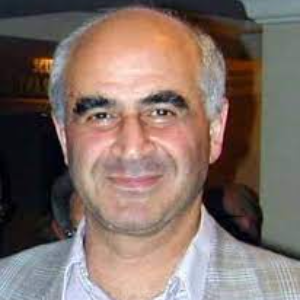Title : An Integrated Multiscale Structural Integrity Approach to Predicting Damage and Failure in Advanced Steels under Fatigue Creep Oxidation
Abstract:
New fabrication methods in advanced steels highlight issues related to identifying component susceptibly to long term damage and structural failure under fatigue, creep and environmentally assisted corrosion/oxidation processes. It is a costly and time-consuming process to evaluate and characterise material properties every time a new alloy is developed. It is essential therefore to develop numerical procedures to optimise the testing and predict the operational processes. This lecture highlights the new materials fabrication methods and presents the recent advances in research and development of design and life assessment of advanced steel components. The methodologies presented cover techniques in virtual testing methods and multiscale modelling to determine the remaining life assessment of components. Guidelines for assessing the structural design, relevant failure criteria and the significance of defects in as received and welded components are discussed. The experimental procedures will need to contain methodology for dealing with failure by net section rupture, incremental crack growth or some combination of both processes. The onset of brittle or ductile fracture in determining tolerable defect size need to be considered. The procedure should also be applicable to defects, which are caused by time-dependent environmental phenomena where the degraded material property is available and can be used in performing the life assessment analysis set out. Finally, the characterisation of material properties from experimental tests are needed to develop numerical models of failure mechanisms to predict damage and crack growth. The lecture will highlight the experimental links to modelling and the need for validations of the models. An integrated model is presented which can be used to predict time dependant intergranular creep, cycle dependant transgranular fatigue and time dependant surface corrosion or oxidation damage or cracking in components.



